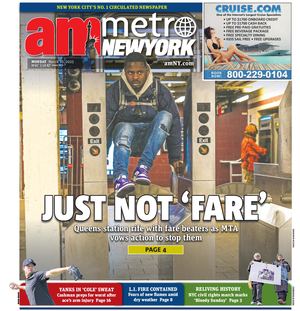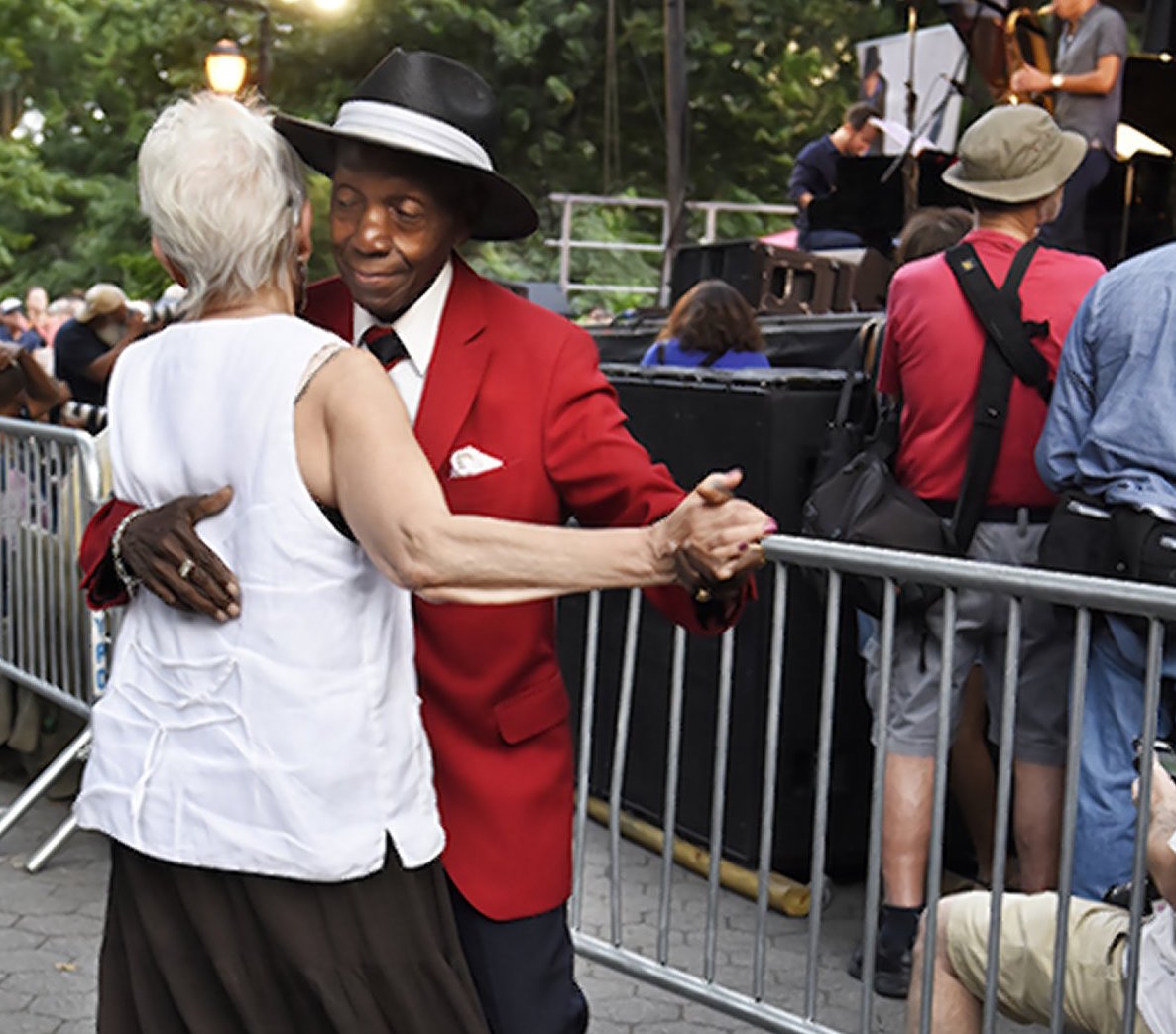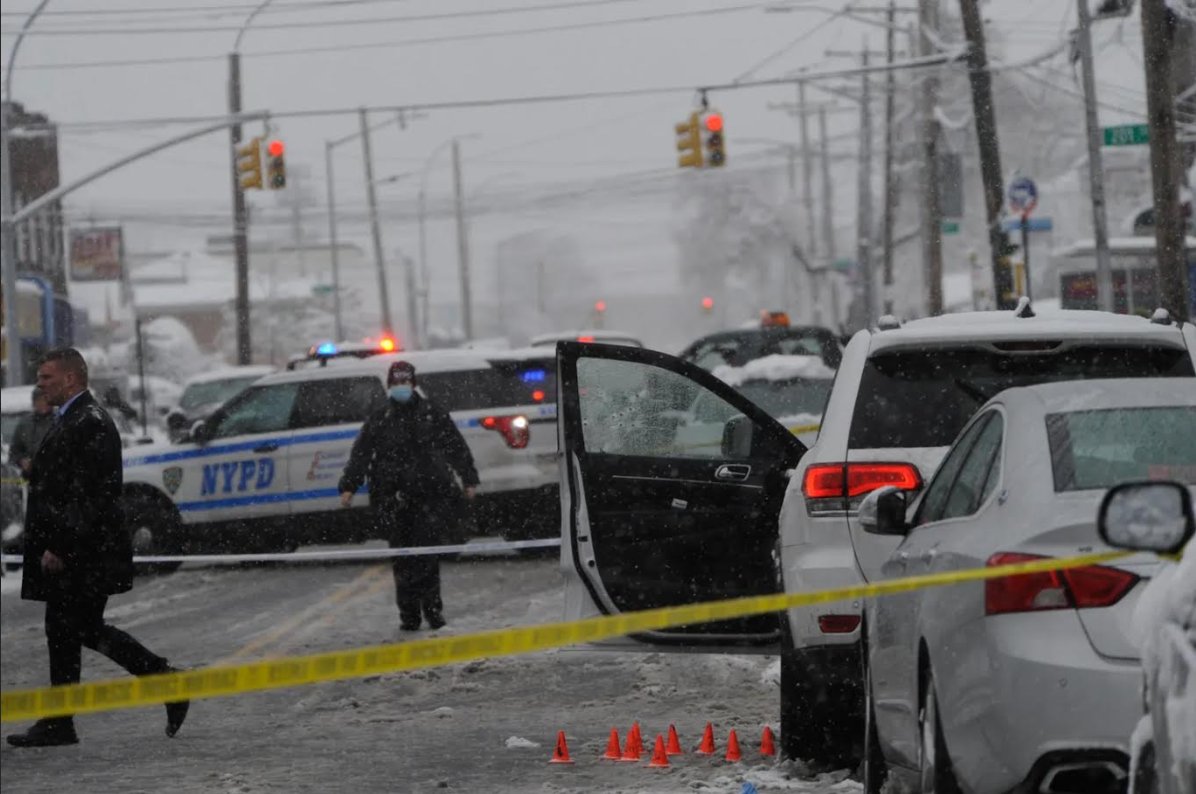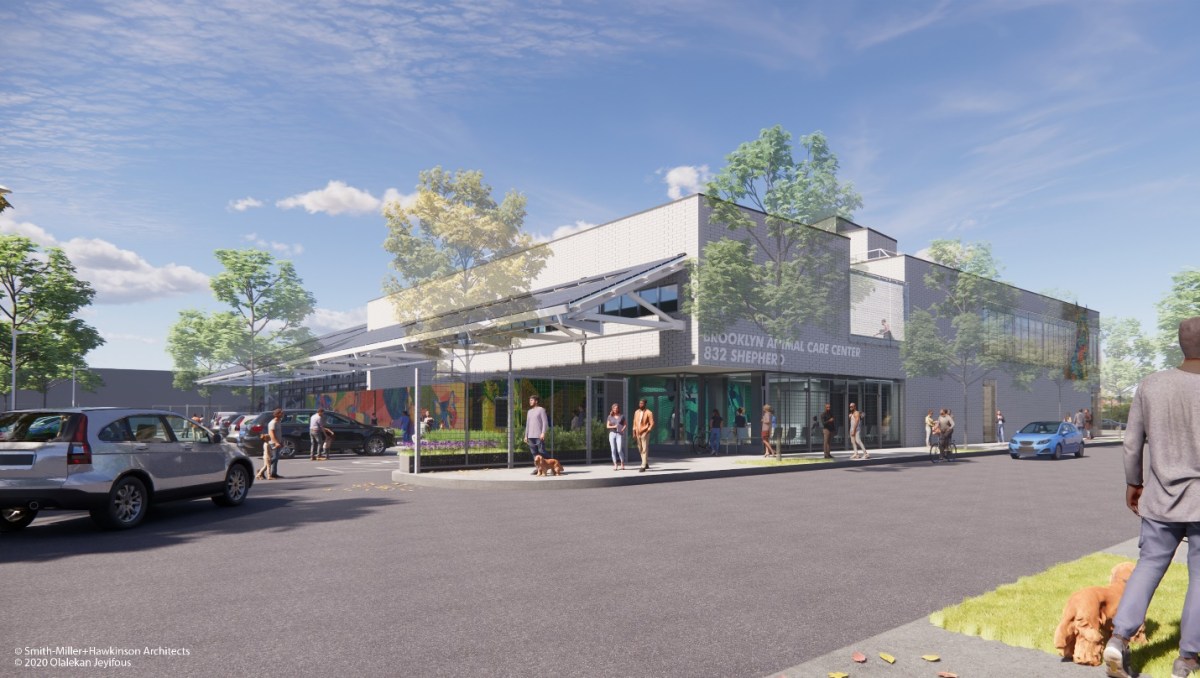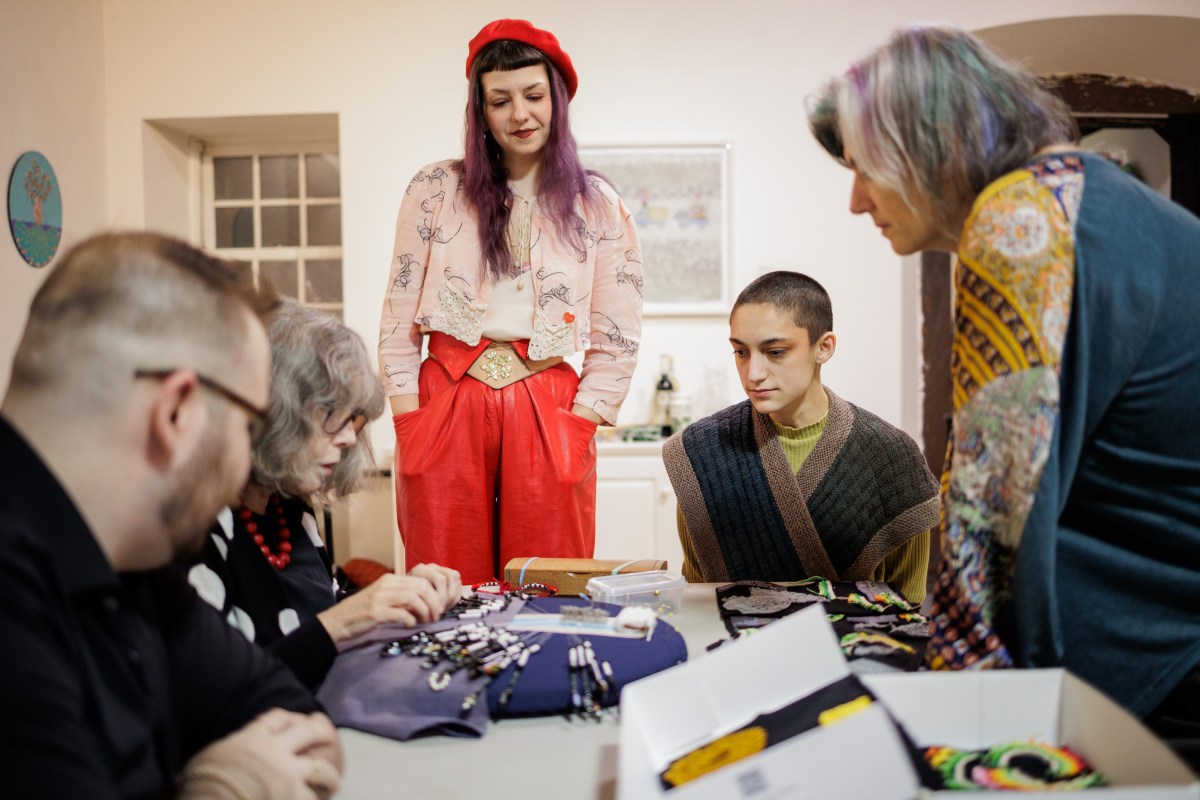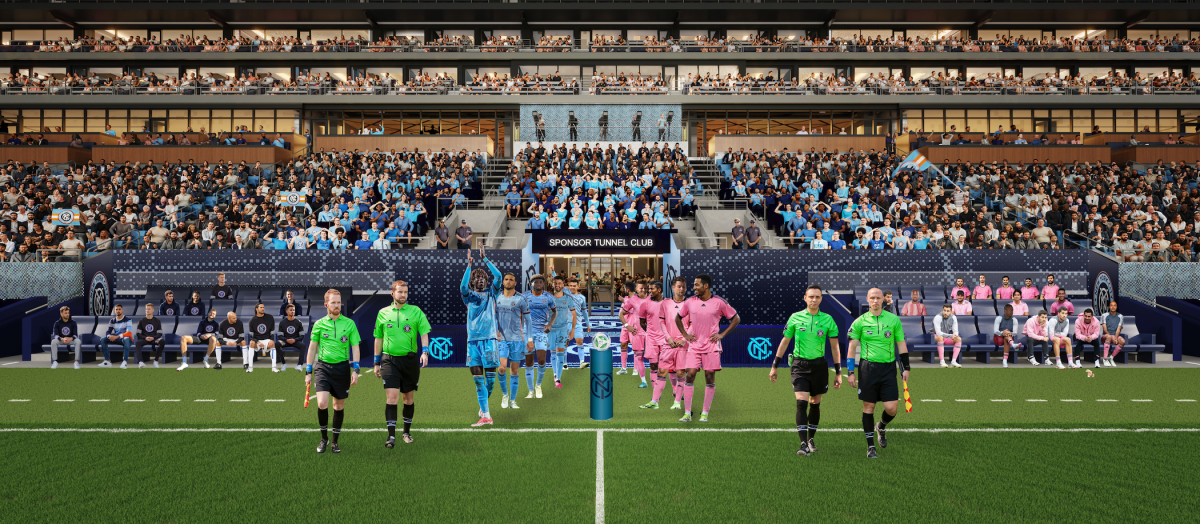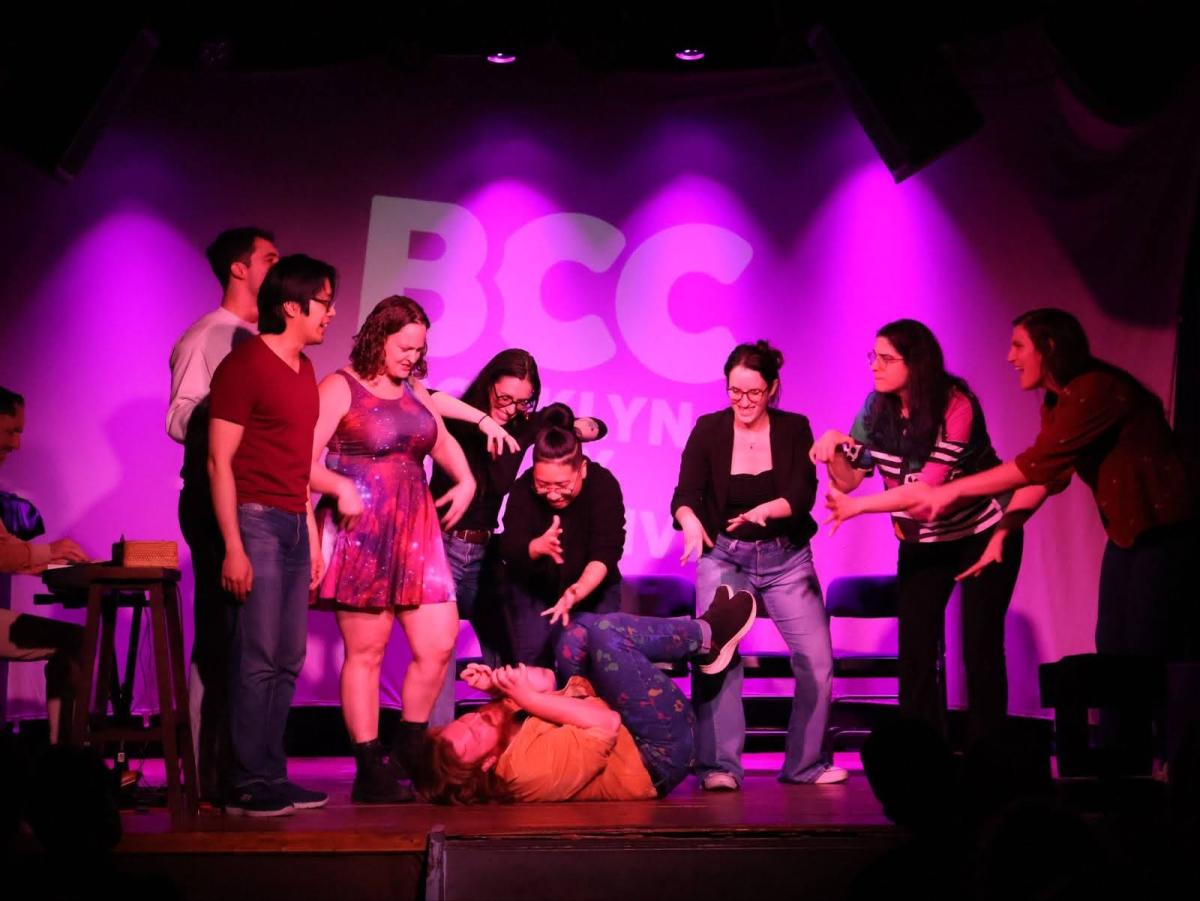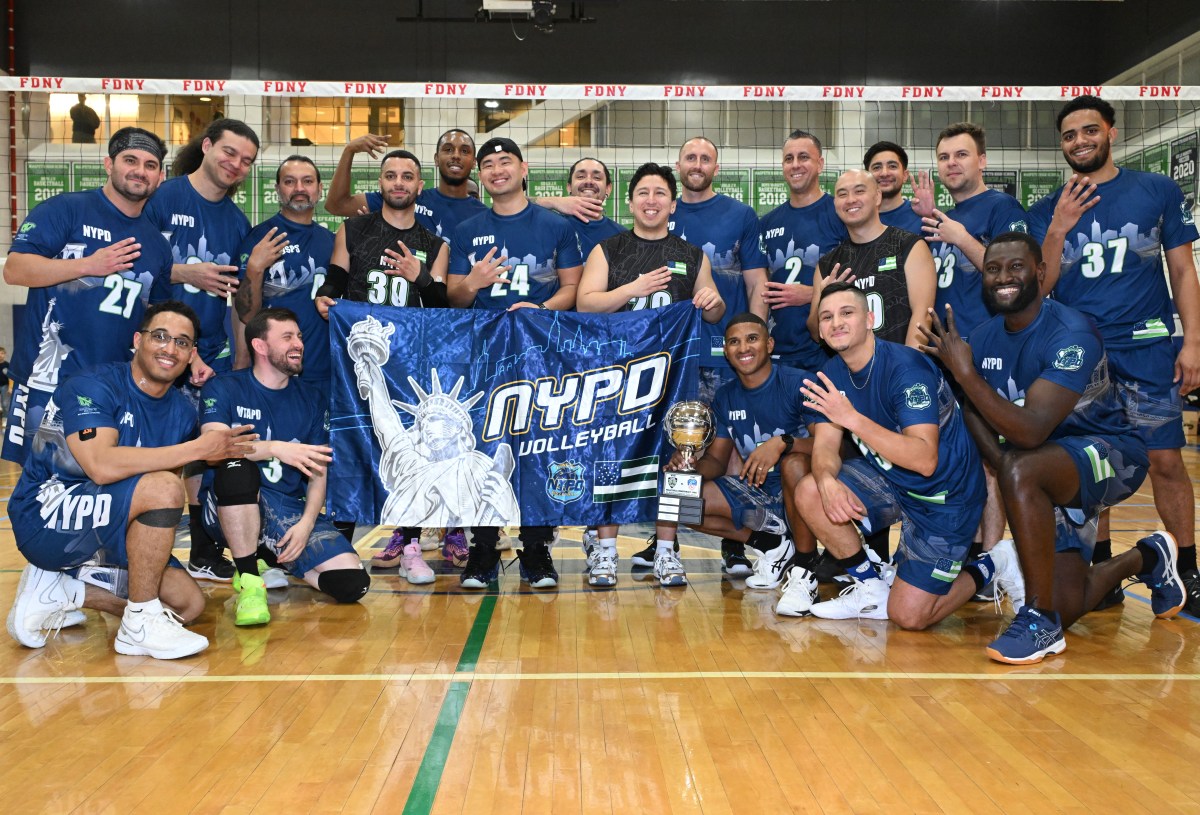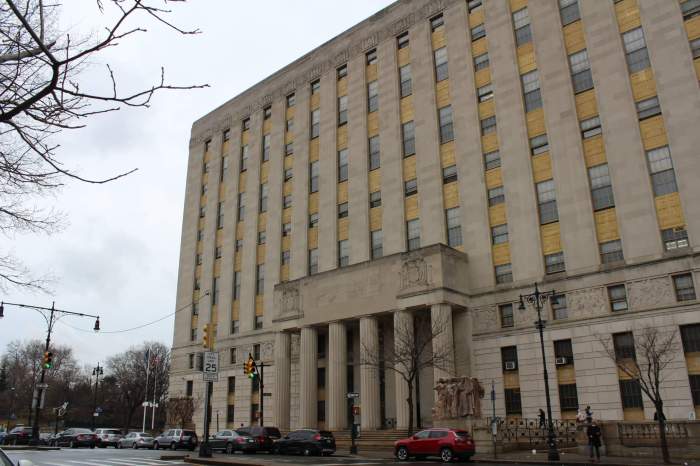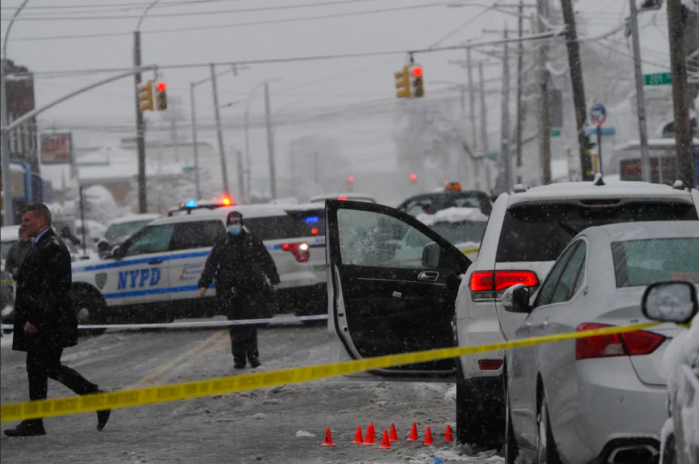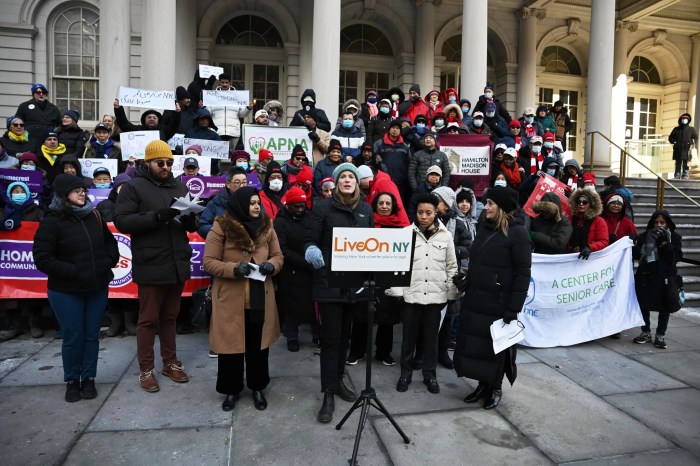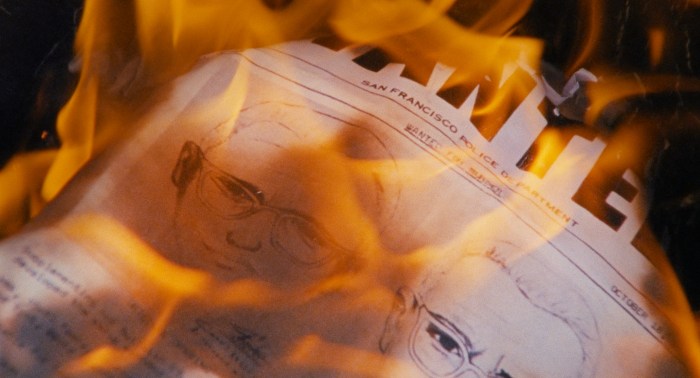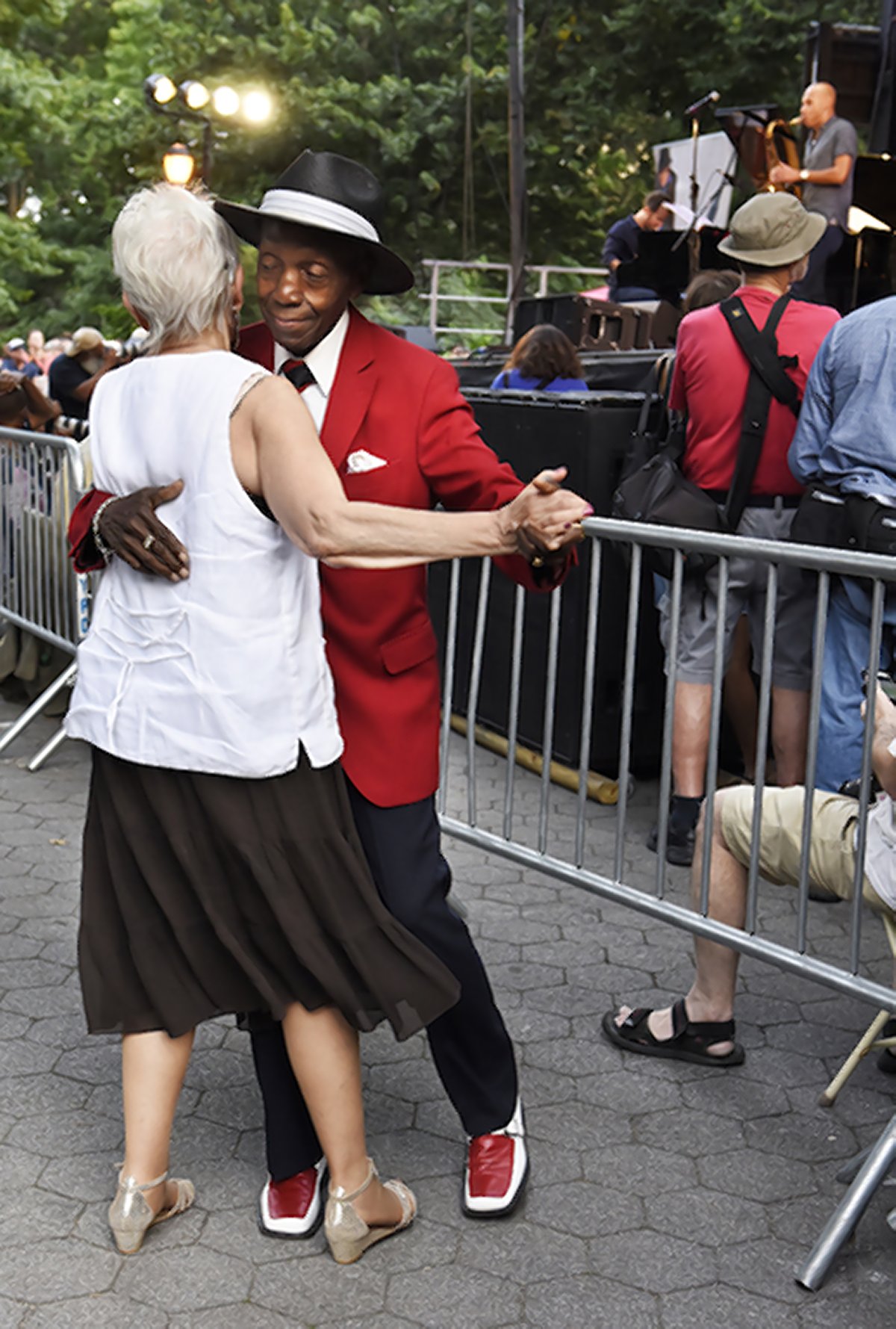
BY LAUREN GILL | He finally stopped dancing around the issue!
Mayor Bill de Blasio supports the repeal of an archaic law that bans dancing in establishments that do not have a special, hard-to-get license as long as those clubs and bars enact certain basic security measures, a representative for the mayor announced at a City Hall hearing on the statute last Thursday.
“The de Blasio administration strongly supports repealing the current cabaret law,” said Lindsay Greene, a senior advisor for the Office of Housing and Economic Development. “There are better ways than the current law to create a strong and healthy nightlife economy.”
In June, Greene refused to say whether Hizzoner backed a bill by Bushwick Councilmember Rafael Espnial that proposes abolishing the 1926 cabaret law, citing a pending lawsuit on its constitutionality. Espinal introduced the measure that month, arguing the statute was put in place to target black jazz clubs and has been used as a way for police to discriminate against minority groups ever since.
But now de Blasio will sign legislation to scrap the old law, on condition it is replaced with one that requires nightlife businesses maintain surveillance cameras and ensure security personnel are properly licensed and registered.
Attendees at last week’s hearing erupted in a vigorous bout of “jazz hands” — raising their hands and wiggling them rapidly — in approval, following the announcement, because clapping is not allowed in the City Council chambers.
The city’s Department of Consumer Affairs currently enforces the cabaret law, but the Police Department will be in charge of ensuring nightlife haunts are up to code under the new legislation. Espinal worried this change would give cops free rein to target clubs and bars since they can use surveillance-camera checks as a way to gain entry. But Greene claimed police would only investigate businesses when there is reason for concern.
Dance advocates spoke following Greene’s testimony, including one woman with plenty of experience getting down, who suggested the “dance police” might lighten up if they tried cutting a rug themselves.
“Maybe they’ll feel a little better if they start swinging and swaying themselves,” said Mercedes Ellington, the granddaughter of jazz legend Duke Ellington and the first black dancer in the revered June Taylor Dancers troupe.
De Blasio, despite his gangly 6-foot-5 frame, is somewhat of a dance pioneer himself, most famously creating “The Smackdown” in 2013, choreography in which Hizzoner licks his hand and bangs it on the ground.
But before the mayor can make busting the move legal for all, Espinal needs to amend the bill and then the City Council has to vote on it, which is expected to happen in December.
However, not everyone is excited about the overall rule change to basically allow dancing everywhere. Advocates and lawyers for big nightlife operators have always maintained that restricting cabaret permits to certain zones — such as manufacturing, or “M,” zones — helps ensure that residents are not disturbed by the commotion. Putting clubs next to residential areas is a recipe for conflict, and, in the end, the nightlife venues will be forced to close, they say.
As one member of the Village’s Community Board 2 — an extremely nightlife-heavy district — recently put it, if the cabaret law is abolished, “There will be noise everywhere.”
